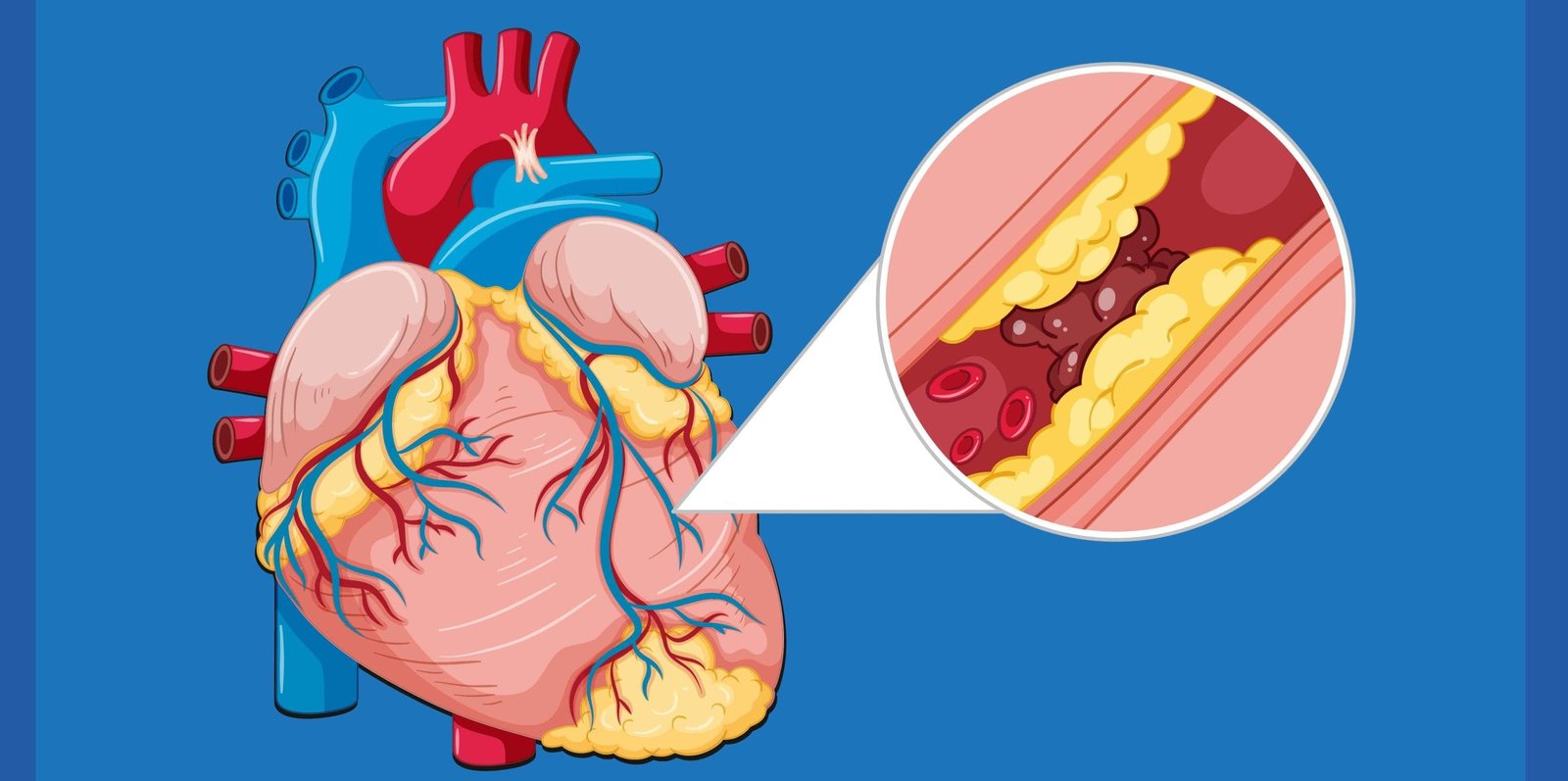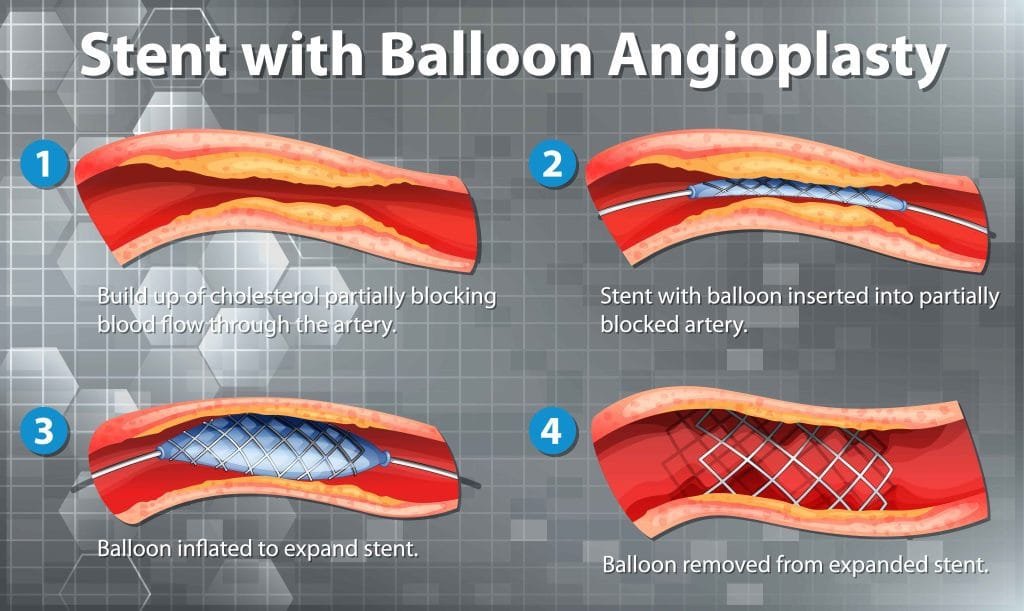Cardiac Care, Expert Advice, Treatments

Heart blockages are one of the most concerning health issues affecting millions across the globe, particularly as lifestyle factors such as diet, stress, and lack of exercise contribute to heart disease. While surgery is often recommended for severe cases, advancements in cardiology now allow for non-surgical treatments that can effectively remove heart blockages. Atrius Cardiac Care, one of the best heart hospitals in Gurgaon, has pioneered several cutting-edge techniques that offer patients relief from heart blockages without the need for invasive procedures.
In this detailed guide, we will explore what heart blockages are, the symptoms and causes, how to diagnose them, and, most importantly, how they can be treated without surgery. For those seeking non-invasive solutions, this comprehensive resource will provide insight into how Atrius Cardiac Care is reshaping heart health through innovation.
A heart blockage refers to a partial or complete obstruction of blood flow in the coronary arteries, the vessels that supply oxygen-rich blood to the heart muscle. Over time, these arteries can become narrowed or blocked due to the build-up of fatty deposits, or plaque, on their inner walls. This condition is known as atherosclerosis and is one of the leading causes of heart attacks, chest pain, and other cardiovascular diseases.
Without timely treatment, plaque buildup can severely narrow the arteries and limit the heart’s ability to receive oxygen-rich blood. Sometimes, a clot can form around the plaque, causing an even greater blockage. The narrowing or blockage of the coronary arteries can lead to a heart attack.
Early manifestations of heart blockage are critical in seeking the right health care. While for most people, various symptoms do not reveal the existence of heart blockage until the problem worsens, there are some signs of heart blockages as follows:
Symptoms of heart blockage in females can sometimes be more subtle, with women more likely to experience discomfort in the jaw, neck, or upper abdomen, alongside chest pain. Recognising these early warning signs is vital in preventing further complications.
The primary cause of blockage in the heart is the accumulation of fatty deposits or plaque within the arteries. However, several factors contribute to the development of these blockages, including:
If you’re experiencing 70 percent heart blockage symptoms or suspect a blockage, medical evaluation is essential. Diagnostic tests at Atrius Cardiac Care may include:
While people may ask how to check heart blockage at home, professional testing is necessary for proper diagnoses, though some monitoring of blood pressure, cholesterol, and symptoms may indicate an early onset to seek further medical advice.
This thinking, however, has led many to believe that all heart blockages have to be treated with surgery. Never was this further from the truth. Many of the breakthroughs in medical science have been established over time, introducing some non-surgical treatments for effective heart blockages. Let’s dive into some of the top options :
While some may ask, “can heart blockage be cured by medicine?” the answer depends on the severity of the condition. Medication serves as part of a comprehensive treatment plan, delaying or even preventing the need for invasive procedures.

One of the most effective non-surgical methods for treating heart blockages is balloon angioplasty, where a small balloon is inflated inside the blocked artery to widen it. A stent (a small mesh tube) is then placed in the artery to keep it open.
This procedure is minimally invasive and allows patients to avoid major surgery while still benefiting from a significant improvement in blood flow. For those wondering how to remove heart blockage without surgery in 24 hours, angioplasty may offer rapid relief.
Cardiac rehabilitation is a huge requirement for recovery once diagnosed with a heart blockage. Rehabilitation will ensure the inclusion of exercise where the patient exercises under close supervision. This program also includes lifestyle counselling and heart-healthy diet plans that concentrate on lowering risk factors such as obesity and high cholesterol. Rehabilitation plays an essential role in preventing future blockages and improving overall cardiovascular health.
In some cases, heart blockages can cause arrhythmias (irregular heartbeats), which can be treated through electrophysiology. This non-surgical approach uses radiofrequency energy to target and destroy abnormal heart tissue responsible for irregular heart rhythms.
If you’re looking for a new technique to remove heart blockage, Atrius Cardiac Care provides advanced non-surgical treatments that can clear blockages in a matter of hours. The combination of balloon angioplasty, drug therapy, and modern diagnostic techniques can lead to near-immediate relief from severe symptoms, often within 24 hours.
While surgical interventions may be necessary to treat severe conditions, most patients will benefit from these minimally invasive techniques; this means the patient could recover much faster with fewer complications and less pain than in traditional surgery.
Key Considerations
People with blockage of their arteries should lead a healthy lifestyle benefiting one’s heart. Some crucial guidelines are:
1. Adopting a Healthy Diet: A diet very low in saturated fats and high in fruits, vegetables, and whole grains is known to reduce cholesterol levels and slow the progression of atherosclerosis.
2. Regular Exercise: With moderate physical activity, the heart is improved, and secondary blockage risk is reduced.
3. Medication Compliance: Use prescribed cholesterol, blood pressure, and heart rate-regulating drugs.
4. Quit Smoking: Cigarette smoking causes arteries to become stiff, so heart attacks and related issues may ensue.
5. Stress Management: Increased stress also causes heart problems, so a bit of relaxation like meditation, yoga, or deep breathing can be learned.
Evolution in the treatment of heart blockage brought new hopes for the inclusion of patients who were seeking relief without invasive surgery. Non-surgical options for Atrius Cardiac Care offer effective solutions to heart blockages. From advanced drug therapy and angioplasty to rehabilitation and lifestyle adjustments, the future of heart care is quite bright.
In choosing Atrius Cardiac Care, you are not just choosing the best in heart care; you are getting the newest and most innovative techniques in treating a heart blockage without surgery in India. Leave your heart in good hands at Atrius and begin a journey to recovery without the risks and time in recovery that may come with surgery as is commonly known.